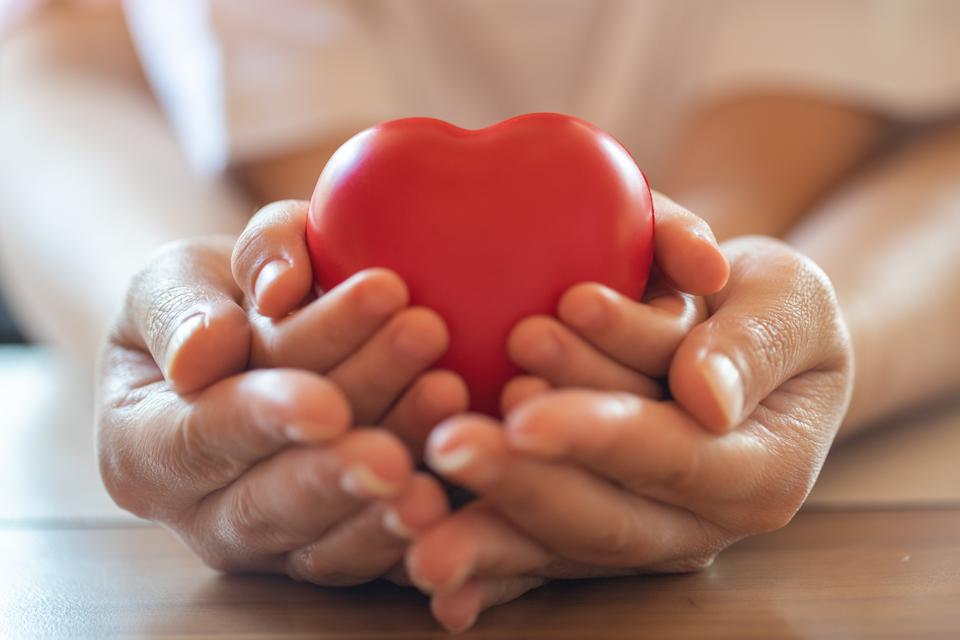It’s rather uncommon to understand “hope” as an innovative concept, yet according to Dr. Corn, that’s precisely what the health system so desperately needs.
The following written content by Carrie Rubinstein
During Dr. Ben Corn’s first days as an intern, one of the first patients he saw had just been diagnosed with brain metastases. “The patient and family wanted to explore options,” he recalls. “I presented the clinical story to a senior physician. When I returned to the room with the professor, she did not make eye contact with the patient or console the panicking relatives by putting a hand on their shoulder. Instead, she announced: ‘Ya got brain mets. We’ll start the XRT treatment tomorrow.’ Our medical team then abruptly departed the room because we had to see ‘the next case.’”

At that moment, the young intern, whose decision to pursue medicine was influenced by his father’s passing from prostate cancer when he was only 11, realized that nothing had changed in the years since: “Physicians hadn’t learned how to speak to patients. They knew nothing about the art of creating and sustaining hope.” It was then when he knew that his true calling was to tackle the emotional consequences of cancer.
Years later, Dr. Corn, by then a distinguished oncologist, co-founded Life’s Door, together with his wife Dvora. The organization provides training and programmatic platforms that address the needs of those facing end-of-life and people suffering from life-threatening or chronic illness.
It’s rather uncommon to understand “hope” as an innovative concept, yet according to Dr. Corn, that’s precisely what the health system so desperately needs. Physicians, he realized, are simply exhausted. “It is impossible to describe the extent to which we are temporally constrained and yet expected to increase our throughput.”

The Hope Theory
He points out another fundamental problem: “For years, physicians have not been trained to think beyond the diagnosis and therapeutic response. The medical establishment is only now beginning to reflect on the concept of Illness. He adds, “It’s also worth noting that physicians are usually over-achievers who succeed at almost everything they do. All of a sudden, in the real world of oncology, doctors need to confront failure. This is very sobering and many of us would rather dodge that phenomenon instead of immersing ourselves in it.” Read more from Forbes.
Our Pick – Deal of the Decade ! !
Best Black Friday Super Deal for the 2020
Follow News Without Politics for more interesting and relevant, important U.S. and world news stories plus health, entertainment, sports, weather, food and more without media bias.
Stay informed daily. unbiased news fair and balanced, ahead of influence





